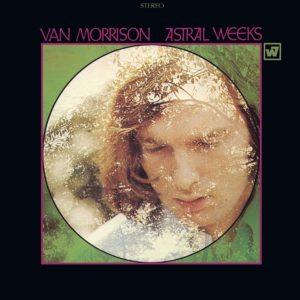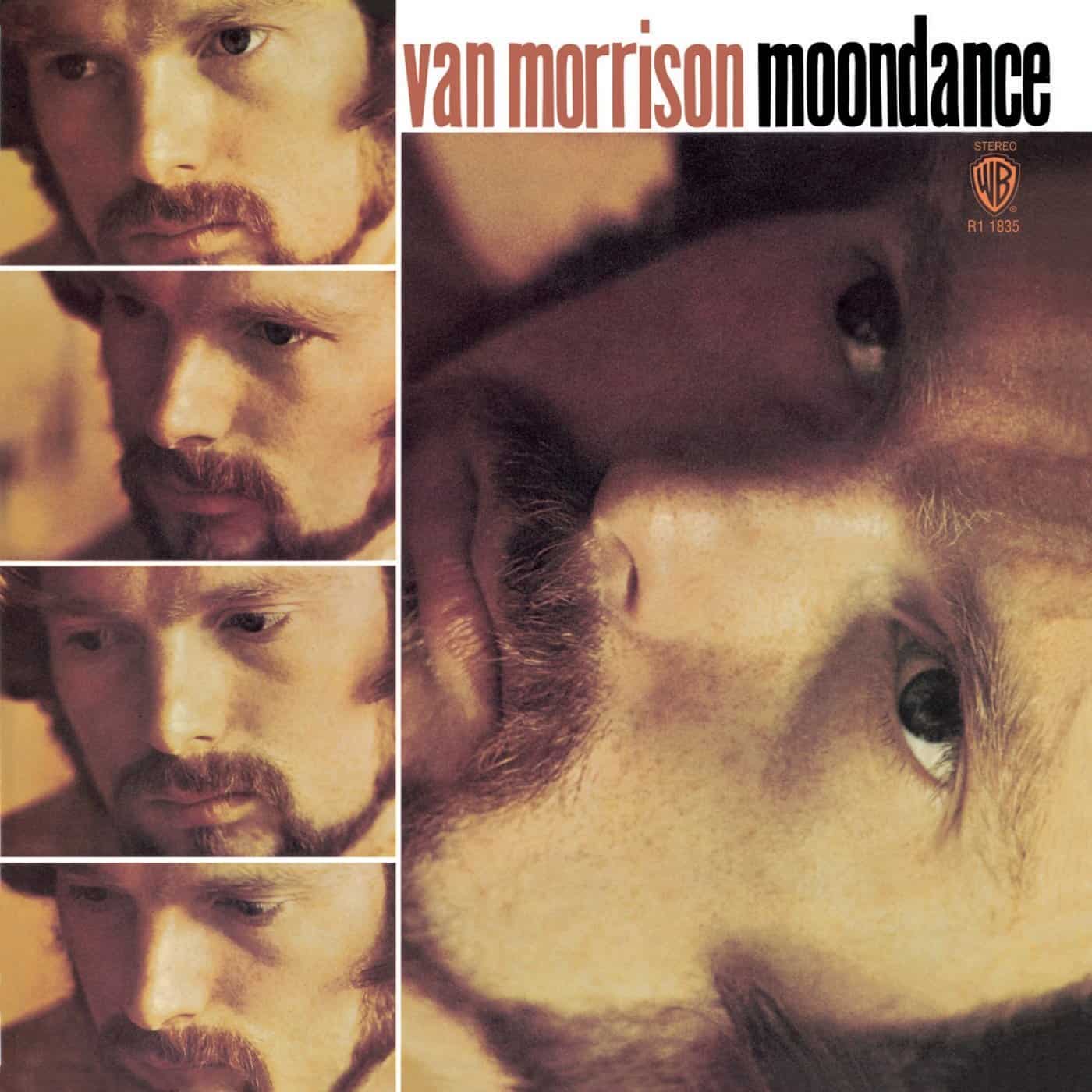Marketplace
2009 Warner Brothers PRESSING
- Catalog Number R1 1768
- Release Year 2009
- Vinyl Mastering Engineer Kevin Gray
- Pressing Weight 180g
- Jacket Style Single
- 100% Analog Mastering Yes
When listening to this album I think of this band or music:
Nothing—Astral Weeks is singular and unlike any other album, by Van Morrison or any of his peers.
I would listen to this album while:
I can’t imagine doing anything else while listening to this record, which demands and rewards careful listening. It won’t do as background music.
Music from this album would be a great soundtrack to this movie:
An updated version of A Walk on the Wild Side, the film version of Nelson Algren’s 1956 novel. Then again, a movie could probably be written around the album itself.
For many years, the original 1968 Warner Brothers/7 Arts pressing of Astral Weeks from was the version to have. A second pressing, from 1969, has an olive label with a Warner Brothers keystone instead of the 7 Arts logo. It’s also sonically pleasing.
Yet Kevin Gray’s all-analog remaster of the album, pressed by RTI on 180-gram vinyl, greatly improves what was a very good-sounding LP. From the opening notes, the music feels more expansive and focused. On the title track, the shakers in the right channel come out of the haze, and the acoustic rhythm-guitar strums are more pronounced. Both instruments, flat against the wall on the earlier pressings, reach further out into the room and sound more lifelike.
Richard Davis’ bass sounds larger and more impressive; you can clearly hear each string being plucked. Gray also brings out other details that allow the music to more freely breathe. For instance, the finger cymbals on “Sweet Thing” are more focused and hang in the air longer, and Connie Kay’s high hat is brighter and stronger. You fully notice the strings slowly build near the beginning of the song before they fully enter. They’re further distinguished with deeper harmonics deeper and extra weight.
On “Cypress Avenue,” Jay Berliner’s guitar is more dynamic, while each harpsichord string in the right channel emerges with greater detail. Kay’s brief martial drums on “Madame George” still exist in the background, but they’re easier to hear and more striking. The strings, too, feel more moving and involving, and the individual players come through more clearly—as does John Payne’s flute as it winds its way through the arrangement.
Not to be overlooked, Morrison’s voice sounds more detailed and three-dimensional than on earlier pressings. You can now hear his vocal techniques with unfettered realism. The occasional sibilance on the original is a bit more pronounced here, but not so much as to be distracting. It’s also of a piece with the greater focus brought to Morrison’s singing. The full emotional impact of his performance is presented in vivid detail.
I’ve owned a CD of Astral Weeks since it was first released.I’ve played it once. The beauty and complexity of this classic recording only comes through on vinyl, and the two aforementioned earlier pressings are worth owning. However, Kevin Gray’s remaster reigns as the definitive version—and an essential purchase.
Astral Weeks


 5
5
